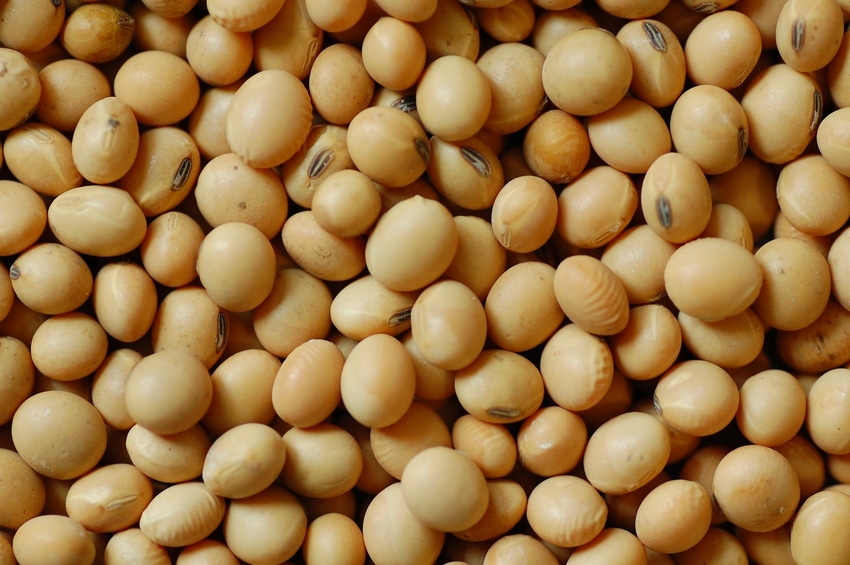China’s actions on identity-preserved soybeans criticized
Non-GM food variety soybeans from U.S. excluded from China's imports.
October 3, 2019

Identity-preserved (IP) crop farmers were represented at a hearing Wednesday about China’s compliance with its commitments to the World Trade Organization regarding the current zero threshold limit that China places on imports of non-genetically modified (non-GM) field crops.
On behalf of the Specialty Soya & Grains Alliance (SSGA) -- and with the coordination and support of the U.S. Soybean Export Council and American Soybean Assn. -- SSGA executive director Eric Wenberg provided testimony to the Trade Policy Staff Committee in preparation for the Office of the U.S. Trade Representative’s annual report about China’s compliance with WTO rules. Wenberg was one of six individuals providing testimony on a range of issues, including intellectual property, among others, SSGA said in a statement.
Non-GM food variety soybeans from the U.S. have been excluded from China's imports -- even though genetically modified soybeans are allowed for import -- due to China’s lack of a non-zero low-level presence threshold allowing for biotech soybeans to be mixed in, SSGA added.
“Farmers growing identity-preserved and non-GM crops must abide by stringent standards to produce specific varieties and traits to produce food for customers around the globe,” Wenberg said. “They deserve an additional market opportunity for their products. The soybean industry’s concern about this issue helps draw attention to the need to see a solution to this problem, along with the other barriers to U.S. product sales. According to customs and trade data, food variety soya exports to all destinations for IP can reach $1.7 billion (2018), but we could sell more if the China market was open to us.”
IP soybeans and specialty grains are grown coast to coast but are predominately exported from North Dakota, Minnesota, Iowa, Illinois, Indiana, Michigan, Ohio, Arkansas and Wisconsin.
You May Also Like

.png?width=300&auto=webp&quality=80&disable=upscale)

